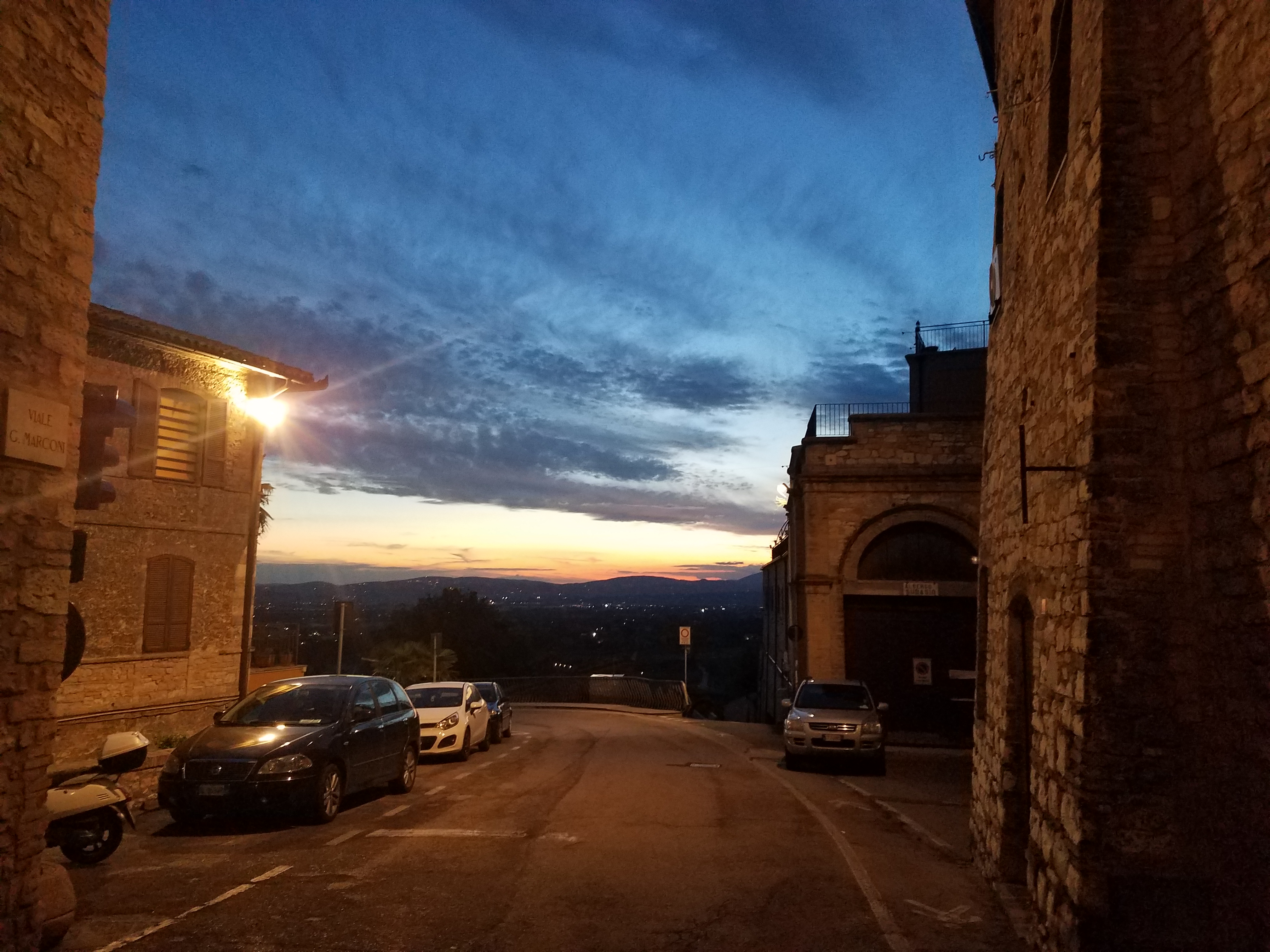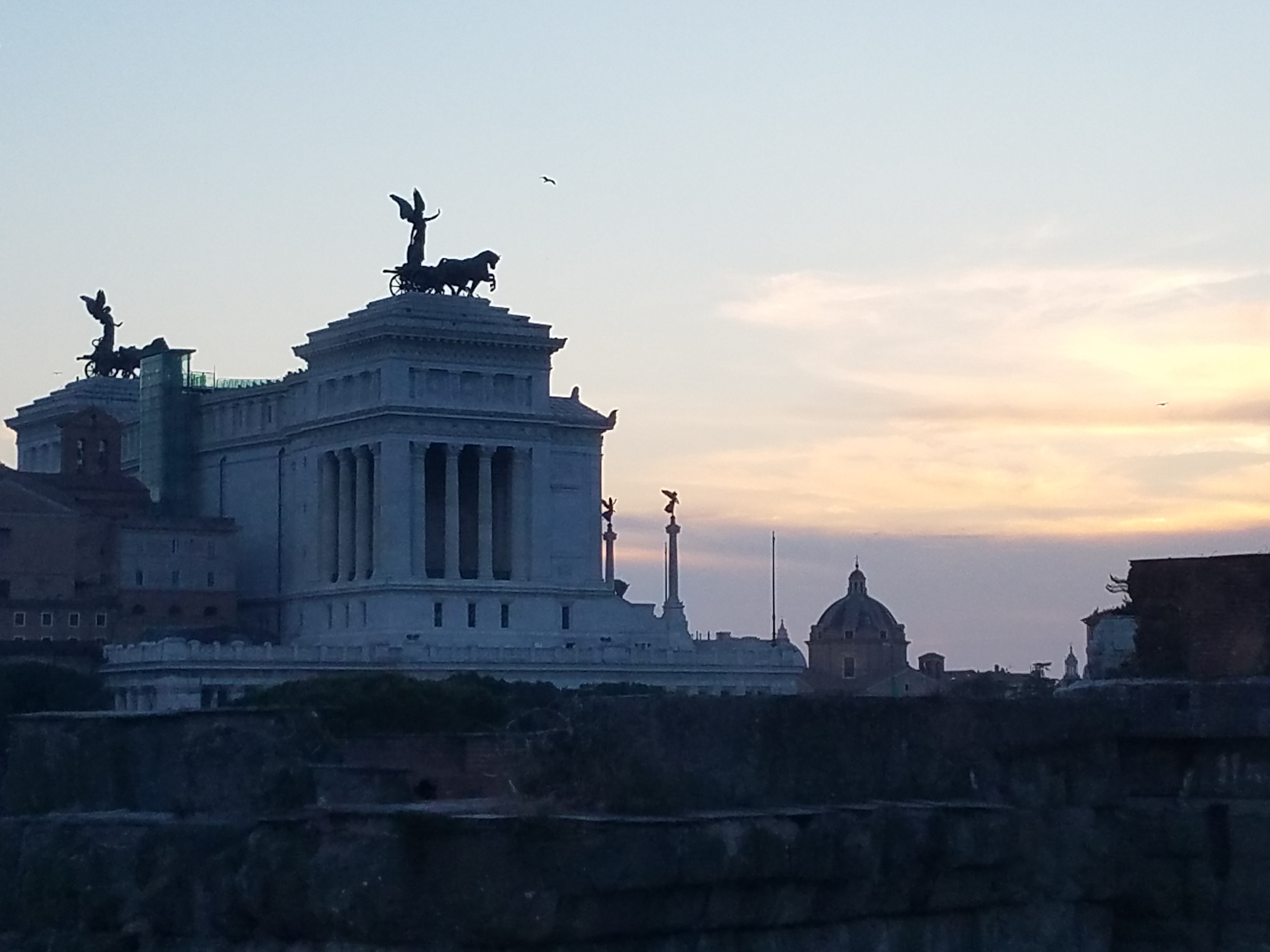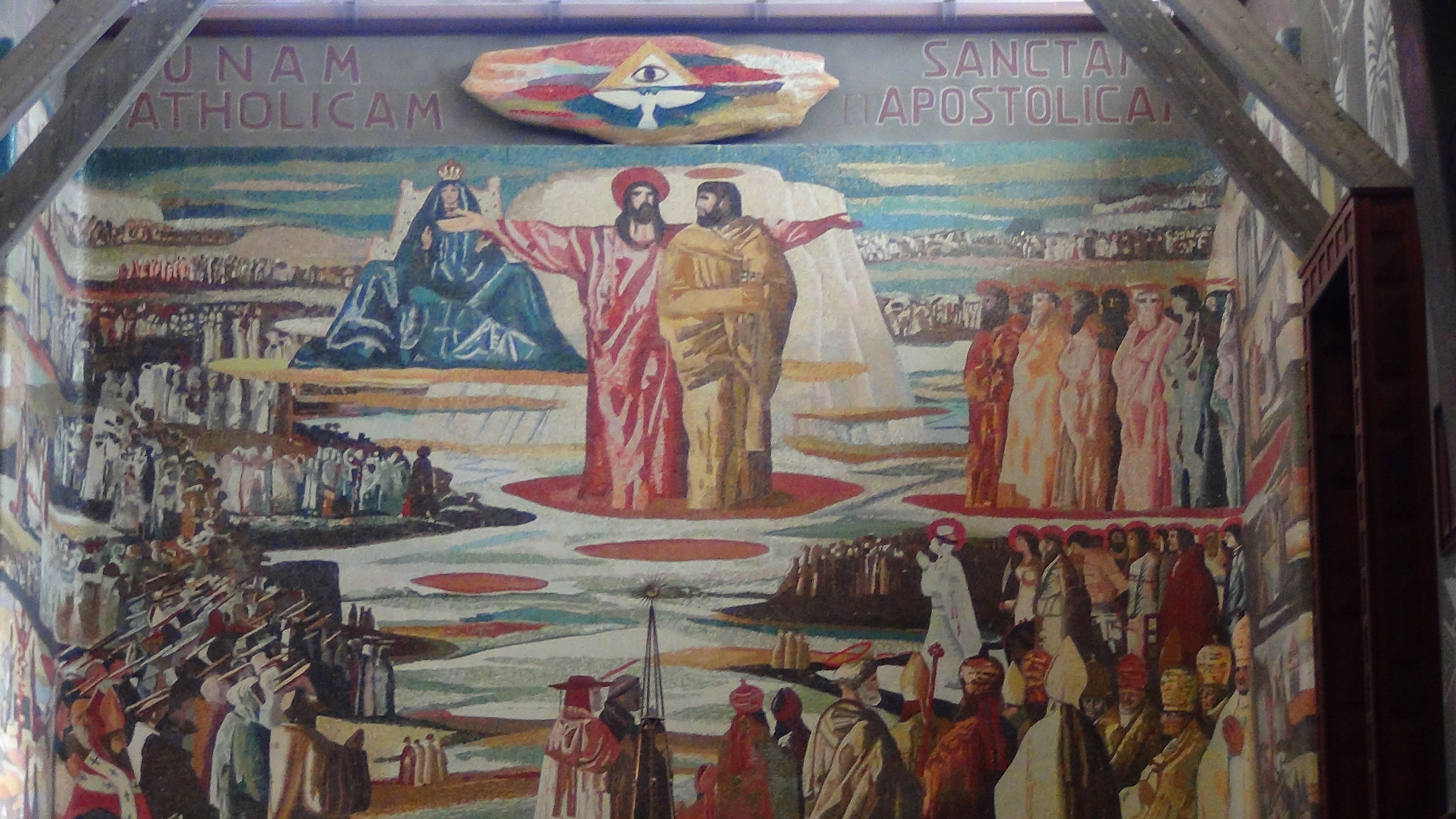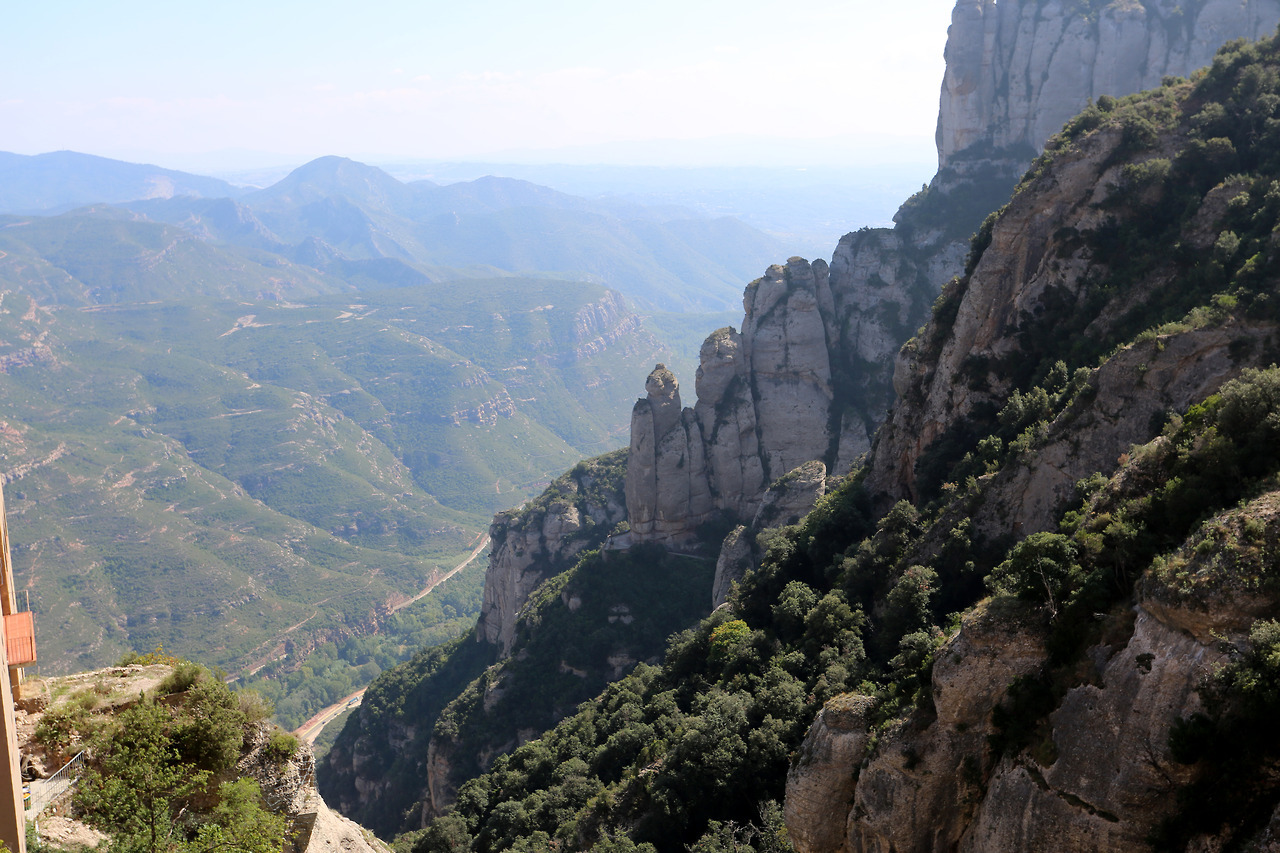Sir. 35:12-14, 16-18; Ps. 34: 2-3, 17-19, 23; 2 Tim. 4:6-8, 16-18; Lk. 18:9-14
“The Lord hears the cry of the poor”. We are justified by God’s mercy. The one who exalted himself in his own righteousness denies their sinfulness and thus by doing so denies God. God is truth and the tax collector recognized God’s truth as he “beat his breast and prayed ‘O God, be merciful to me a sinner.”
We live in dark times where the denial of absolute truth is common practice. One way to justify “our truth” is by faith in our conscience thinking. If our conscience says, “I see no harm (fill in the blank) with abortion, euthanasia, same sex marriage, unlimited gender identity, etc. because my conscience sees no harm after all who can deny a person’s individual rights?” Our conscience has determined our individual rights are ours alone, total entitlement without responsibility to “other”. God is other and we cannot say we belong to God without being responsible and accountable to the God who set limits on our rights and calls us to obedience.
Genesis 1:27 says, “So God created human beings in his own image…male and female he created them.” Today some want to identify as “they” with the freedom to change their identity tomorrow if their conscience determines this is who they “feel they are” and societal norms must approve their truth. Conscience is not a feeling. Conscience is an informed thought process supported by natural law, the gifts of the Holy Spirit and by God himself in the Word made flesh. It requires faith, reason and trust to achieve truth.
In the gospel today, the tax collector turns to God for mercy and trusted in him. The Pharisee trusted in himself, his conscience to be self-justified and in his pride “will be humbled”. In the 2nd Letter to Timothy, Paul makes a bold statement based on both his humanity meaning his conscience and through the inspiration of the Holy Spirit when he says, “From now on the crown of righteousness awaits me; which the Lord, the just judge will award to me on that day…”. How is Paul so bold as to make this claim and sound like the Pharisee? The difference is the Pharisee is a minimalist doing what on the outside appears compliant to the law to be self-justified. Paul is a “libation” for Christ meaning he has made of himself an offering totally living for the glory of God.
If we ask ourselves where am I on the spectrum between the Pharisee on one end of minimalism and Paul on the other end as a “libation” in our daily worship, sacrifice, obedience, and love of God? In our honest conscience appraisal, we find ourselves somewhere between the two. Confirmation is a sacrament to propel us forward as warriors for Christ, to compete well and run the race of faith to the end being the best God created us to be not the least. Paul’s “departure is at hand” his days are numbered and his is looking back now and in faith proclaims God “will bring me safe to his heavenly kingdom.” Most of us look forward to a long life not so much back at our race or how well we have competed in our faith. If we did, we might be headed to confession beating our breast in prayer, “O God, be merciful to me a sinner.”
The Lord “knows no favorites…not unduly partial toward the weak yet he hears the cry of the oppressed.” As we look around at the world scene there are many oppressed who suffer in ways some have never experienced in this country from war, terrorism, extreme hunger, disease and genocide. Still even here we have the poor, homeless, unemployed, widow, orphan, and the sick. The Lord hears the cry of the “one who serves God willingly…his petitions reaches to heavens.” Not all the suffering serves God willingly. It is the prayer of the humbled who is exalted with no sense of entitlement. In the heart there is no claim “I deserve better”. It is the “prayer of the lowly…it does not rest till it reaches its goal…judges justly and affirms the right, and the Lord will not delay.”
Paul lived an informed conscience by the Holy Spirit. Looking back the race was finished and the hour had come to receive the crown of righteousness from the just judge. What will be our prayer at the last hour if we are blessed to recognize our hour has come? What is the perfect prayer Jesus gives us? The first thought might be the Lord’s Prayer he gave the disciples. Others may simply say all of Jesus prayers are perfect prayers. One prayer however stands out as Jesus recognizes his hour had come. It is called the “high priestly prayer” or “The Prayer of Jesus” in John 17:1-26. Paul’s prayer mirrors this high priestly prayer as a libation of surrender to God.
Reflect on just a few of these words from the heart of Jesus in this priestly prayer, “When Jesus had said this, he raised his eyes to heaven and said, ‘Father, the hour has come. Give glory to your son, so that your son may glorify you…I glorified you on earth by accomplishing the work that you gave me to do. Now glorify me, Father, with you,…I have revealed your name to those who you gave me…Now they know that everything you gave me is from you…I pray for them…because they are yours and everything of mine is yours…But now I am coming to you…I pray…so that they may all be one, as you Father, are in me and I in you.” Could this be our prayer?
Today we receive the word and the body and blood of Jesus to be incarnated in us. In this we run our race to the end and persevere as an offering of ourselves not just in all we do but in who we are. It will rescue us “from the lion’s mouth”. Claim our crown in righteousness of love poured out for God.









Recent Comments